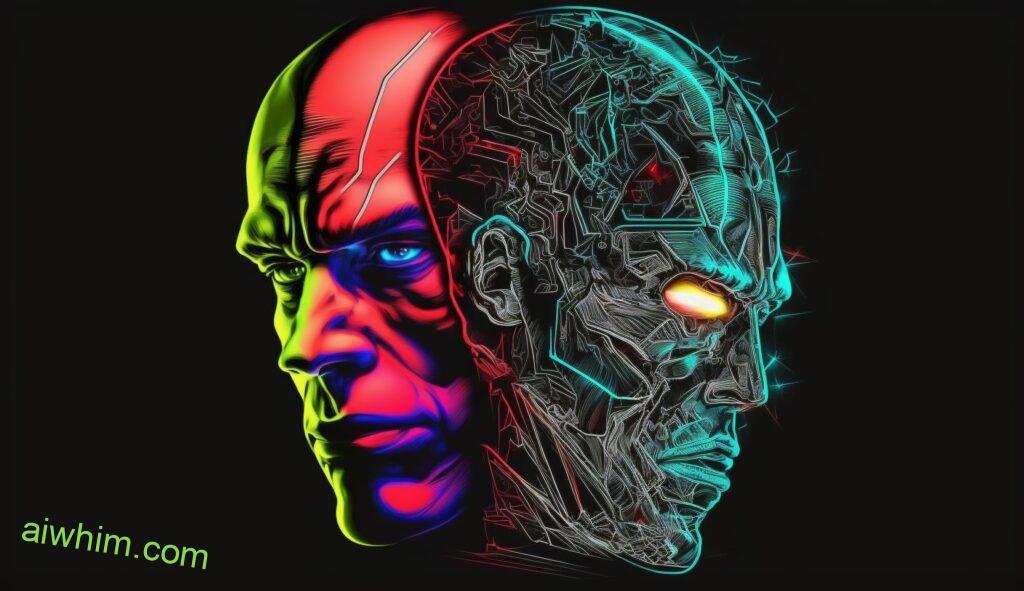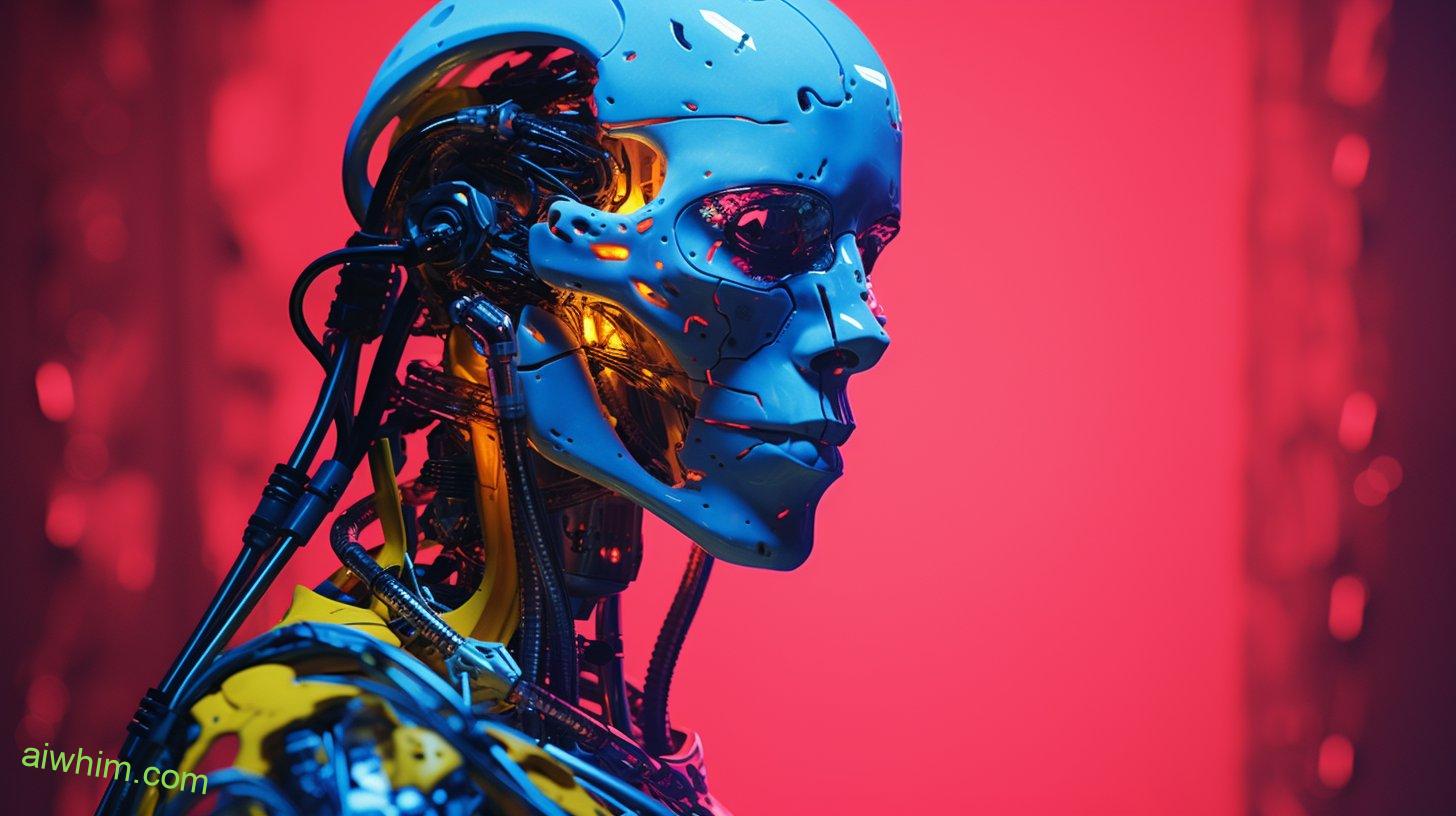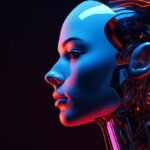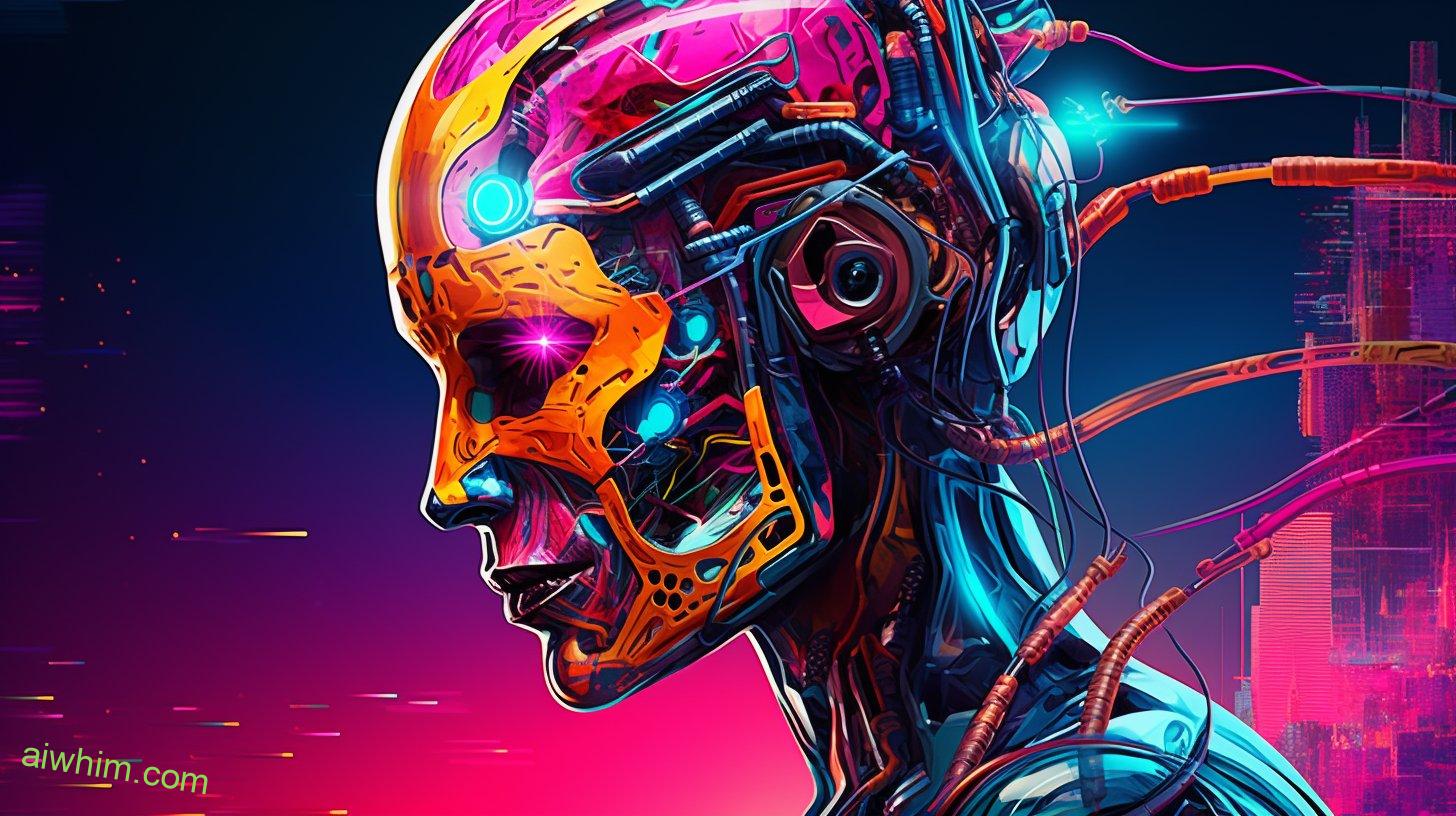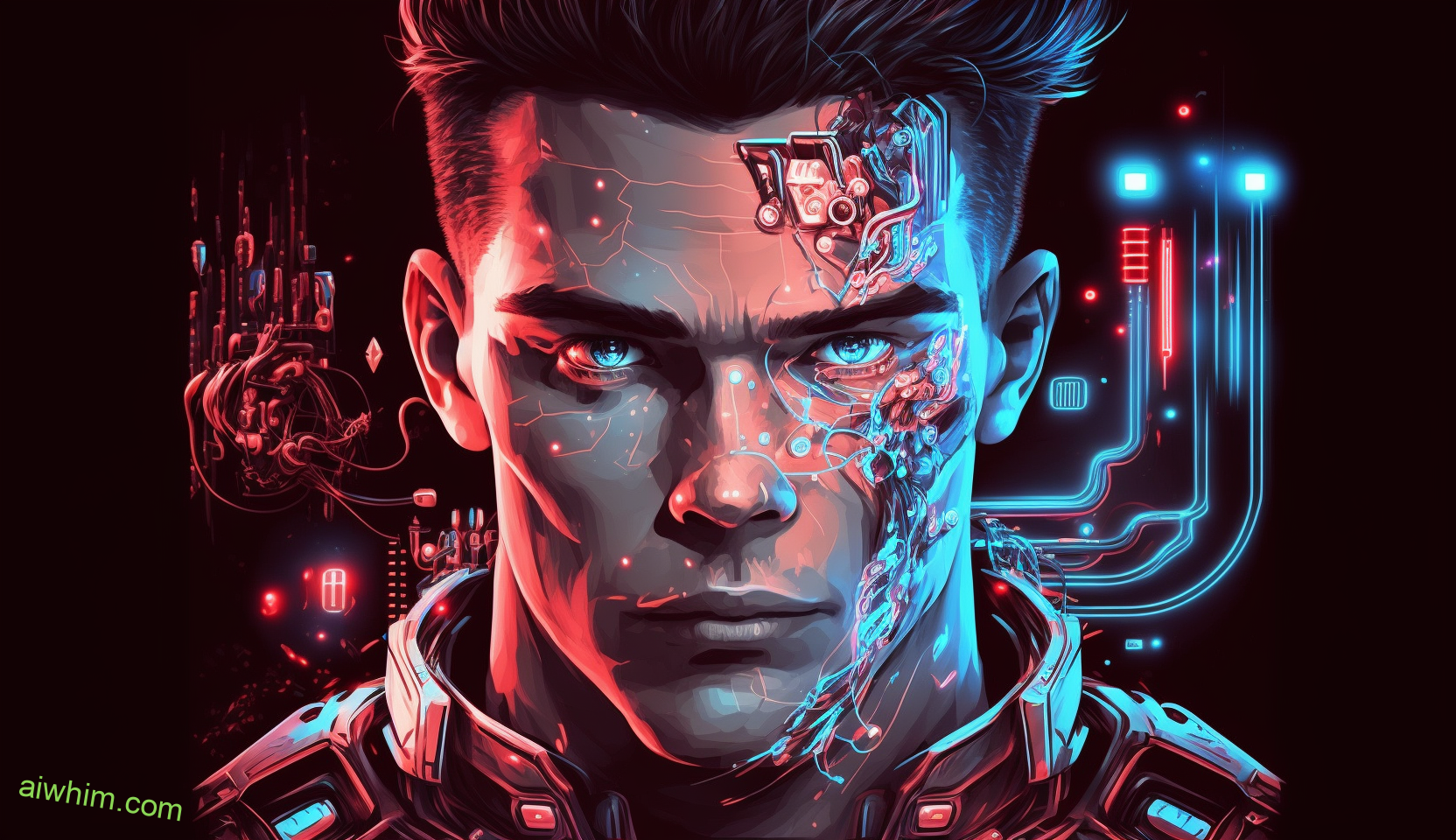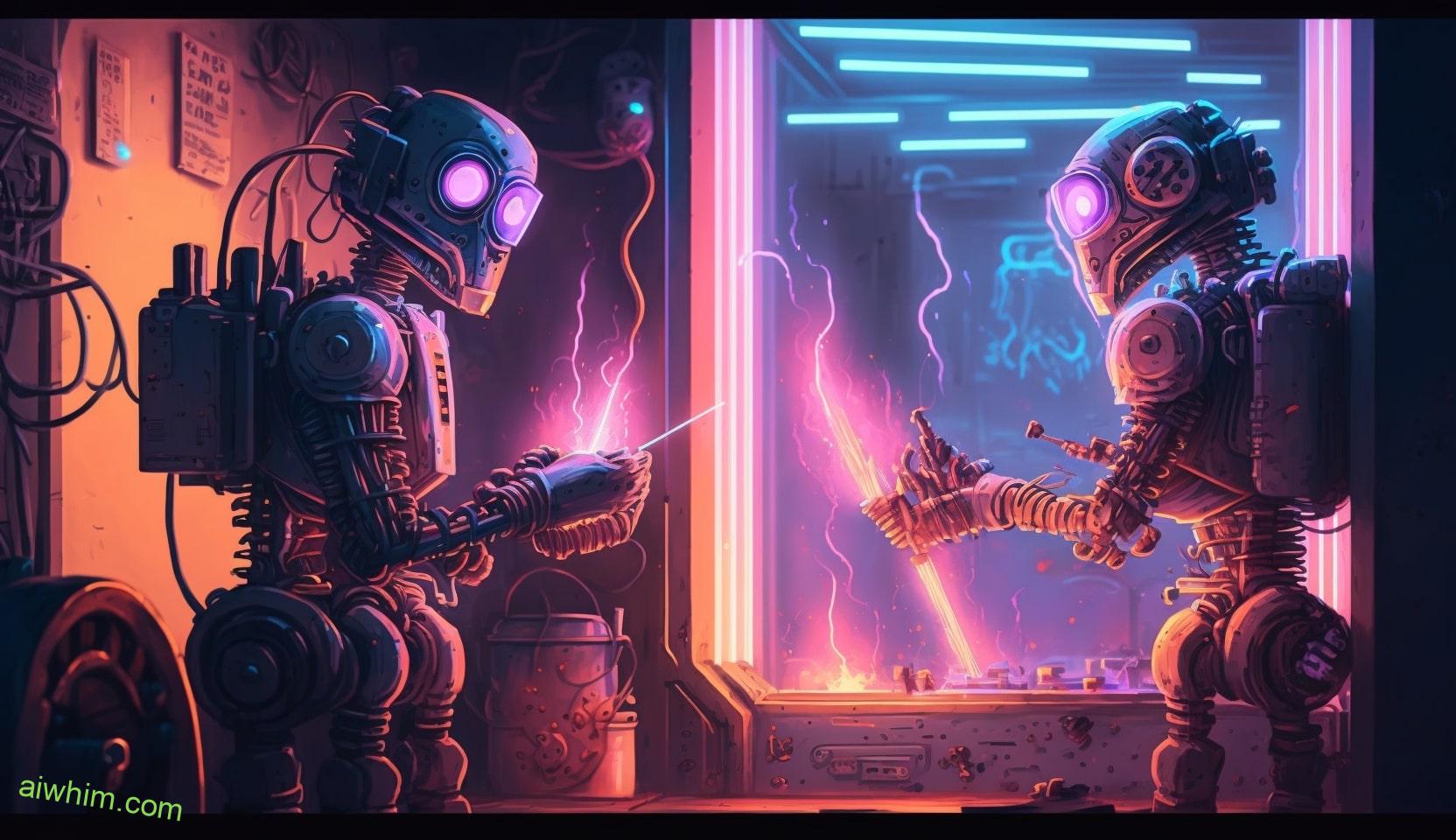As technology advances, there is an increasing fear that Artificial Intelligence (AI) will eventually replace human actors in the entertainment industry. This fear has been around for decades and now it seems more pertinent than ever before as AI keeps becoming smarter and more capable of performing tasks that only humans used to be able to do. But how much of a threat does AI pose? Will actors really become obsolete or can they still compete with their robotic counterparts?
This article seeks to answer these questions by exploring the potential impact of AI on acting jobs, examining some of the advantages and disadvantages associated with this type of technology, and ultimately assessing whether or not actors should worry about being replaced entirely by AI. It also looks at what freedom might look like for those people who are looking for alternatives outside conventional acting roles.
The implications of such technological advancement are both exciting and concerning — so let’s dive into the discussion surrounding this topic! By delving deeper into the pros and cons associated with using AI instead of actors, we’ll gain a better understanding of where our future lies when it comes to the entertainment industry. Keep reading if you’re curious to find out more!
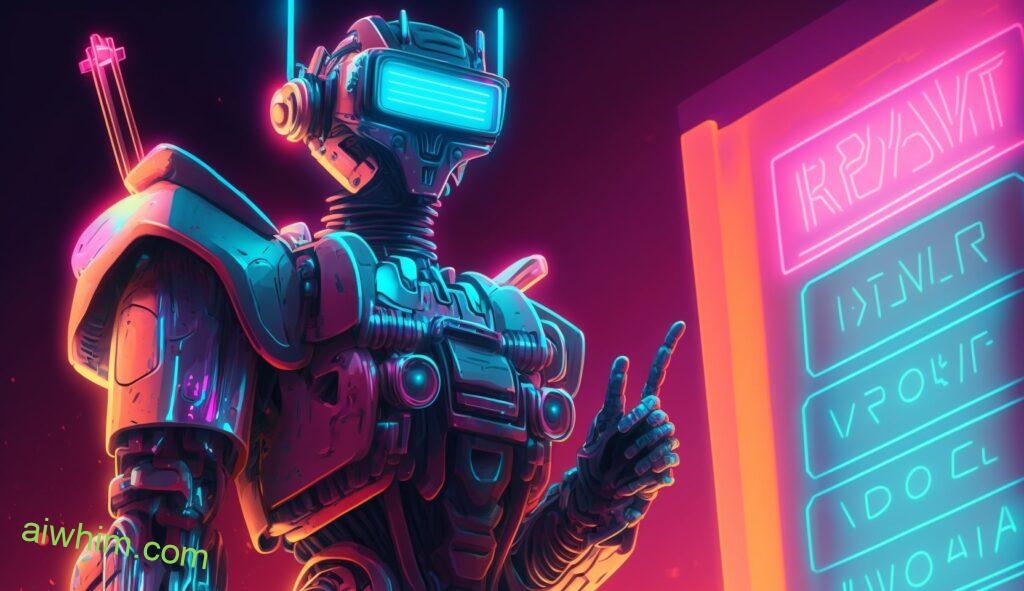
Definition Of Artificial Intelligence
Artificial intelligence, or AI, is a form of technology that allows machines to think and act like humans. It uses machine learning techniques such as deep learning and cognitive computing to create intelligent systems capable of solving complex problems. These machines can understand language, recognize patterns, make decisions, learn from data, and take actions autonomously.
AI provides us with the freedom to explore our creativity in ways we wouldn’t have been able to before. From virtual assistants to self-driving cars, AI has revolutionized how we interact with technology – creating opportunities for us to do more with less effort. With this new technology comes an ever-growing list of applications for businesses and consumers alike; it’s no wonder why there’s so much excitement around its potential!
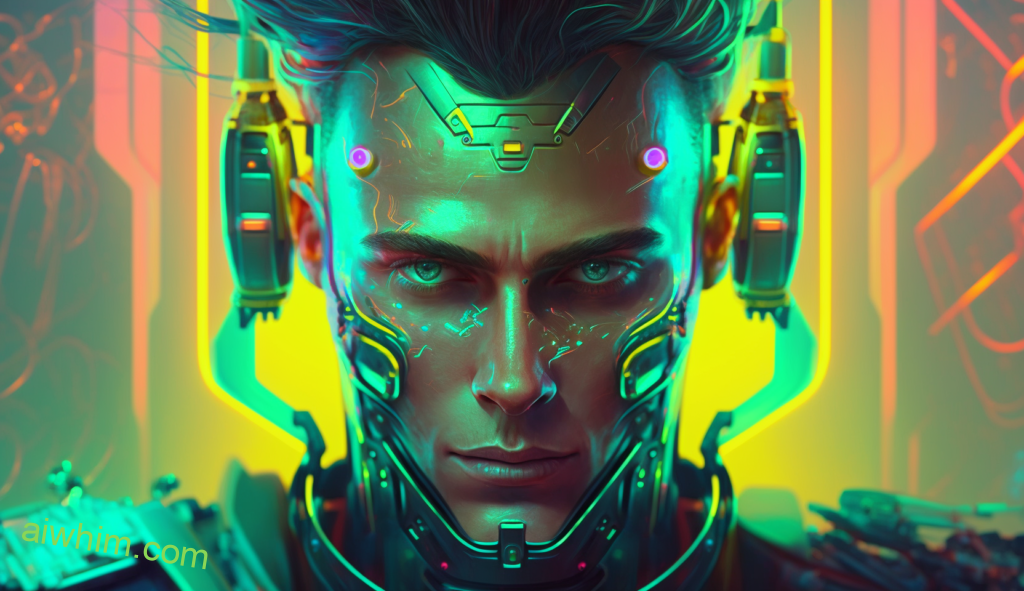
Furthermore, we recommend reading this article that explores the ways AI is impacting photographers. (Click here to read.)
Potential Of AI In The Entertainment Industry
Interesting statistic: According to a recent survey, 41% of people believe that artificial intelligence will have a major impact on the entertainment industry in the next 5-10 years.
The potential of AI in the entertainment industry is vast and growing with each moment. From autonomous film production bots to virtual reality experiences powered by AI, it’s clear that this technology could revolutionize how we experience art, music, literature, and other forms of entertainment. Here are some ways AI can transform the entertainment industry:
- Automated story creation for movies and TV shows: AI algorithms can generate stories from scratch or improve existing ones. This could potentially lead to more creative works being produced at faster rates than ever before.
- Automatic facial recognition for actors/celebrities: Using deep learning algorithms, computers can recognize faces quickly and accurately without any human intervention. This could make casting decisions much easier while also ensuring accuracy when it comes to identifying celebrities within media content.
- Advanced voice synthesis technologies: AI models are already capable of generating realistic voices from text input which enables them to create audio narrations for videos or even dub over existing recordings with natural-sounding dialogue.
- Enhanced visual effects: Deep learning allows for complex visuals such as realistic backgrounds and characters to be generated automatically using computer graphics (CG) technology. These CG images can then be manipulated through animation software programs to produce lifelike visuals that rival traditional hand-drawn artwork or real video footage captured on location sets.
AI has immense potential in transforming the way we interact with entertainment content; however, there are still challenges ahead when it comes to implementing these technologies into our everyday lives. The most significant challenge lies in building trust between humans and machines — something that will take time but is essential if we want to reap all the benefits of an automated future where AI plays a key role in our daily activities.
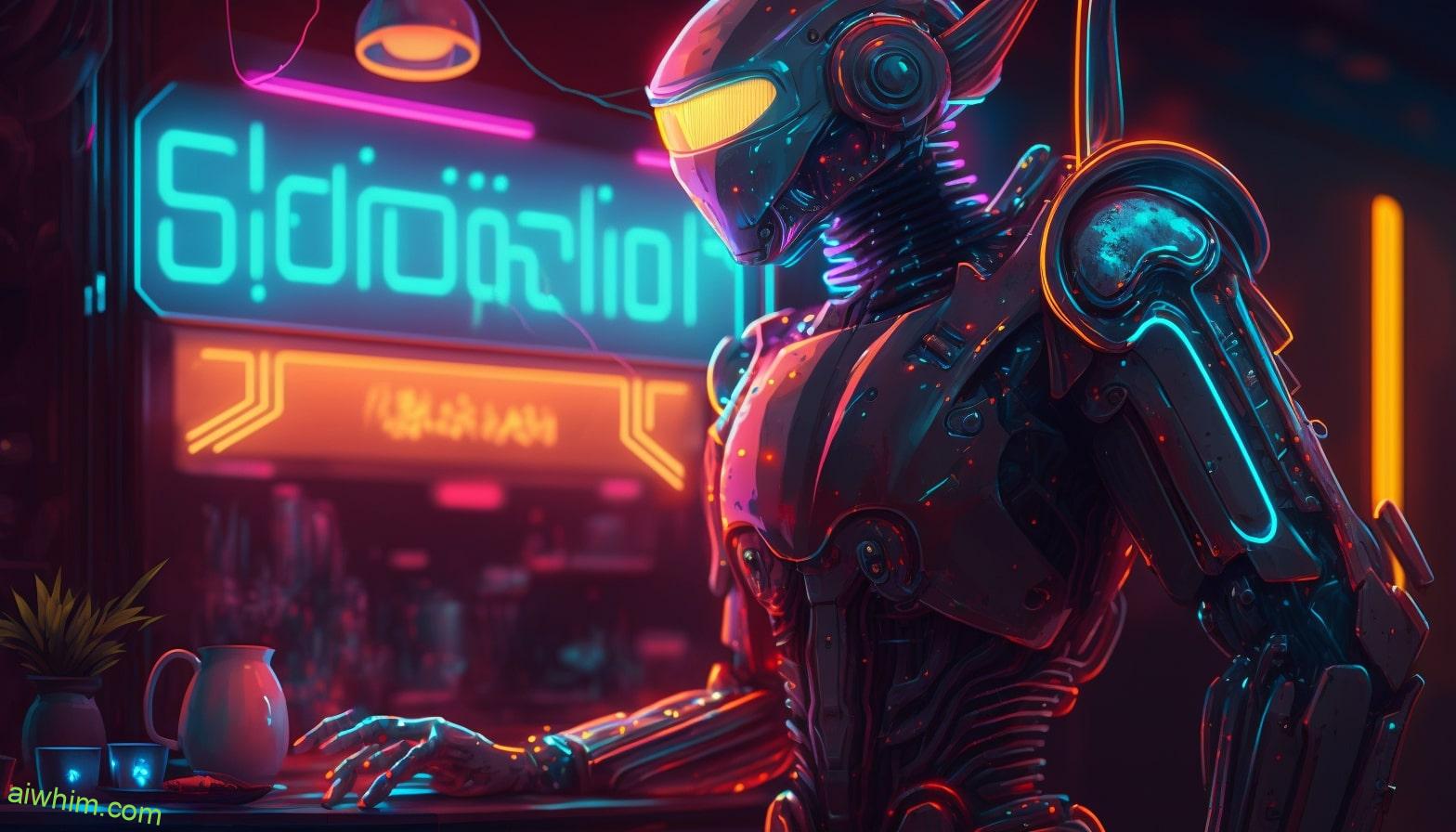
Also, don’t miss this article that examines how ChatGPT is reshaping the field of writing. (Click here to read.)
Advantages Of Utilizing AI
AI has the potential to revolutionize the entertainment industry. It offers numerous advantages such as cost-effectiveness, time efficiency, and creative expression capabilities that can be used in movies, TV shows, video games, and more.
The most significant advantage of utilizing AI is its cost effectiveness. With AI technology, filmmakers no longer need expensive sets or actors; instead they can use computer generated images (CGI) to create realistic scenes with only a fraction of the costs involved. This allows them to produce higher quality content at lower prices which makes it an attractive option for studios and production companies looking to cut back on budgets.
Time efficiency is another major benefit of using AI in the entertainment industry. AI technology enables automated processes like editing and post-production which drastically reduce the amount of time needed to complete projects. This means that filmmakers can get their products out faster without compromising on quality. Additionally, this also reduces stress levels since they don’t have to manually put together tasks themselves anymore.
Finally, one of the biggest advantages of using AI in entertainment is its ability to provide unlimited creative expression options for directors and producers alike. The possibilities are endless when integrating artificial intelligence into multimedia projects – from photorealistic graphics to virtual reality experiences – all designed specifically for each project’s uniqueness. Moreover, AI algorithms allows to capture data from viewers so it can be better understood what audiences want from the content and tailor it accordingly for maximum engagement and satisfaction.
In sum, utilizing AI technology in the entertainment industry provides numerous benefits including cost savings, time efficiencies, and creative expressions that can’t be replicated by any other mediums available today. As technology advances further down this path, we’ll continue seeing increased opportunities for innovation within this space – pushing boundaries never thought possible before now!
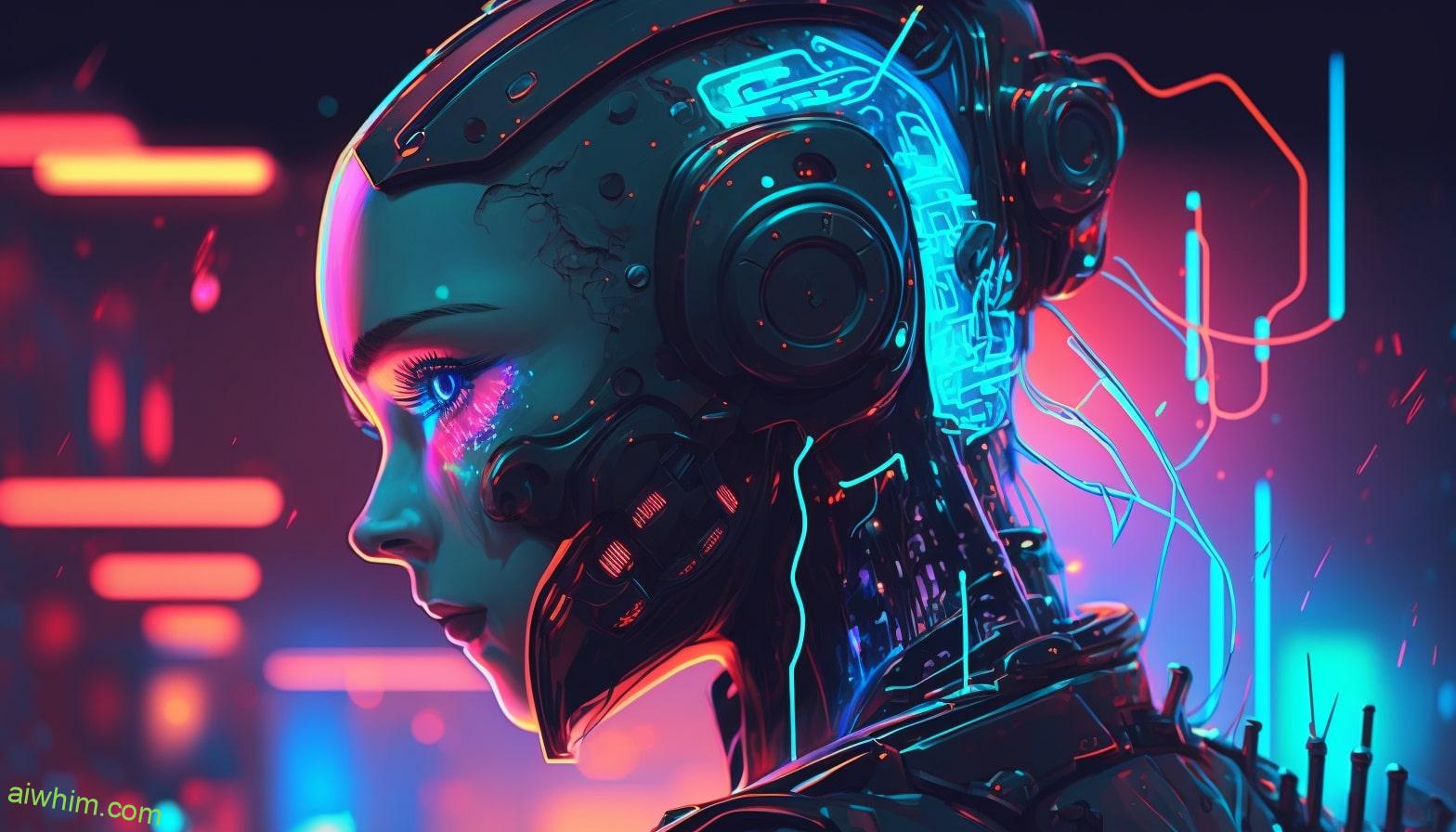
In addition, this article sheds light on the influence of AI on music and singers. (Click here to read.)
Disadvantages Of Replacing Actors With AI
“An ounce of prevention is worth a pound of cure.” While the advantages of utilizing AI are many, there are also numerous drawbacks to replacing actors with artificial intelligence. Firstly, it could be considered unethical as it would result in job loss for human actors and stunt performers. Furthermore, using AI may prove cost-ineffective due to its high production costs and lack of revenue generated from ticket sales or streaming services. Additionally, technological limitations might prevent AI from accurately expressing creative nuances seen in real performances by humans. Moreover, this form of automation can limit artistic expression which is essential for creating impactful films or television shows. For these reasons, it seems that AI cannot replace human actors anytime soon. All things considered, while AI has several benefits when used judiciously, outright replacement of human talent should remain an option only on rare occasions.
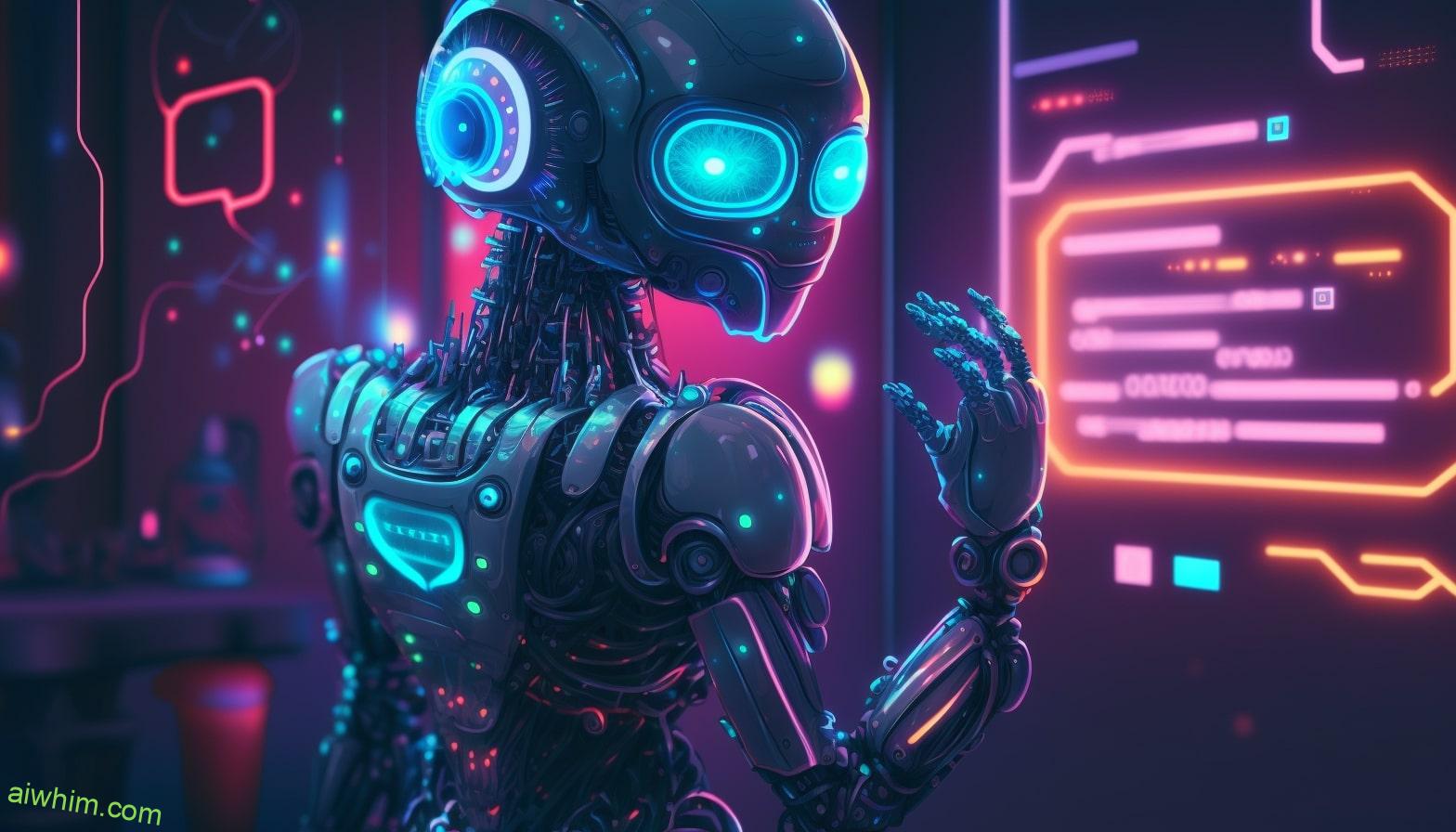
Furthermore, we invite you to read this article that discusses the implications of AI for Chefs. (Click here to read.)
The Impact On Creative Expression
Can AI replace actors? This question has been floating around the entertainment industry for quite some time, and it appears that the answer is yes. Artificial intelligence (AI) technology has been used to create lifelike avatars or virtual characters who can act in films or television shows. The use of AI-powered actors could significantly reduce production costs while also providing a wider range of possibilities when creating media content.
However, there are concerns about how this will affect creative expression. Some worry that with an increased reliance on AI-entertainment, creativity and human expression may be lost as production turns more towards automated processes. Additionally, traditional acting relies heavily on improvisation and nuance which cannot always be replicated by machines no matter how advanced they become. Will relying too much on preprogrammed actions take away from the subtlety needed to capture emotion? It remains to be seen whether such innovations will help express ideas better than before or instead hinder the ability to convey feelings through art and storytelling.
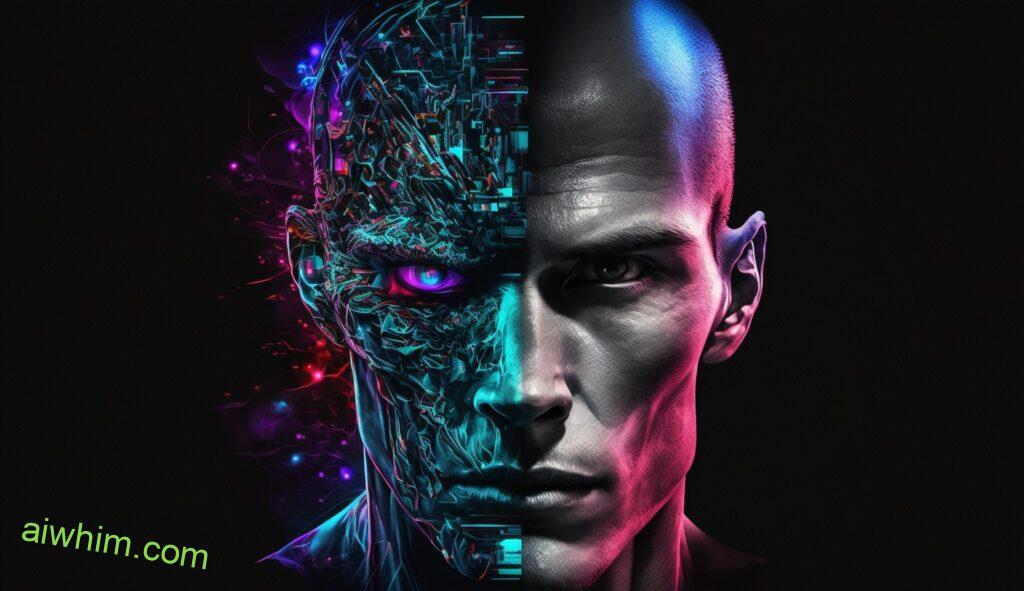
Cost Comparison Between Actors And AI
The debate of whether AI can replace actors continues to be a hot topic. While both have their merits, it is important to consider the cost comparison between them when determining if one option would be more beneficial than another. When analyzing the cost effectiveness and efficiency of each choice, there are some key points to contemplate.
AI technology has been advancing at an impressive rate in recent years and its cost efficiency is unmatched by any other production resource available today. Its ability to quickly process data makes it highly efficient for tasks like facial recognition or complex dialogue simulations which require large amounts of information processing power. On the other hand, actors come with higher costs due to their need for additional training and preparation time as well as salary expectations based on experience level. Although hiring talent may not seem as economical initially, they bring unique perspectives to projects that can help give productions a distinguishing edge over competitors who rely solely on AI technology solutions.
In assessing the pros and cons associated with utilizing either actors or AI technologies, it’s clear that there are advantages and disadvantages with each approach. While artificial intelligence provides incredible potential for streamlining processes, human talent brings wisdom and creativity that can only be found through collaboration with people rather than machines. Ultimately, in order to make the most informed decision about what resources should be used in creating content, careful consideration must be given regarding cost analysis before making final decisions.
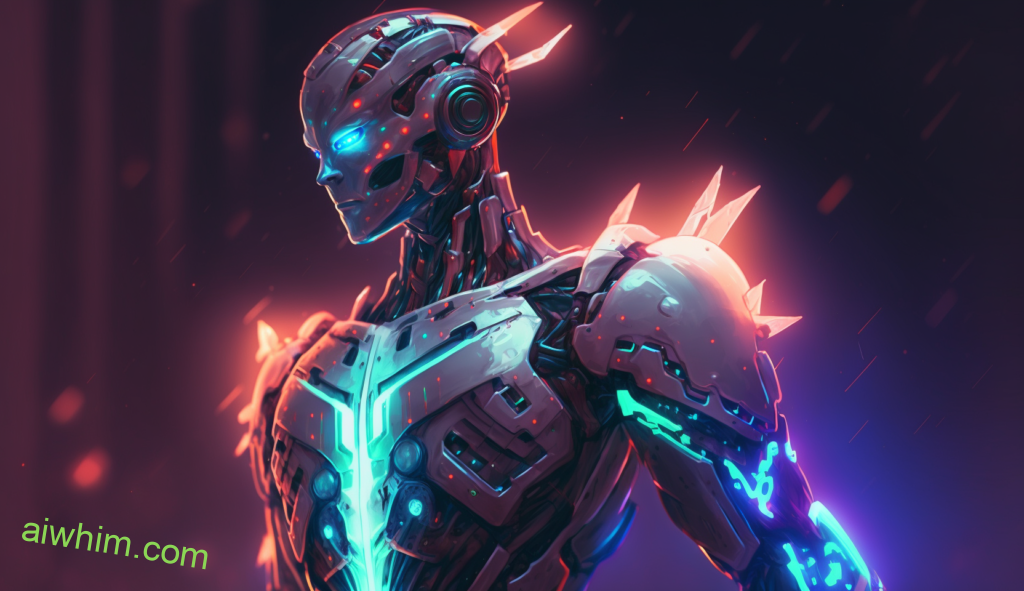
Impact On Jobs In The Entertainment Industry
The prospect of AI-powered characters in the entertainment industry may be a cost-effective way to produce content, but it also raises ethical considerations. According to one study, by 2025, Hollywood will experience over $4 billion dollars worth of losses due to automation and artificial intelligence. This could mean that many actors are at risk of being replaced, leaving them without job opportunities or any creative expression.
However, this does not necessarily have to be seen as all doom and gloom for those who depend on the entertainment industry for their livelihoods. There is evidence that suggests new jobs will emerge from technology like AI and virtual reality, such as motion capture technicians, animators etc., offering alternative work options for affected individuals. Additionally, some argue that specialized roles within an AI framework still require skilled human labor to operate which can provide further employment opportunities.
It appears then that with AI comes both potential risks and rewards when it comes to its use in the entertainment industry; while these advancements can certainly result in job losses they can also bring about new forms of media production and offer more diverse roles than ever before.
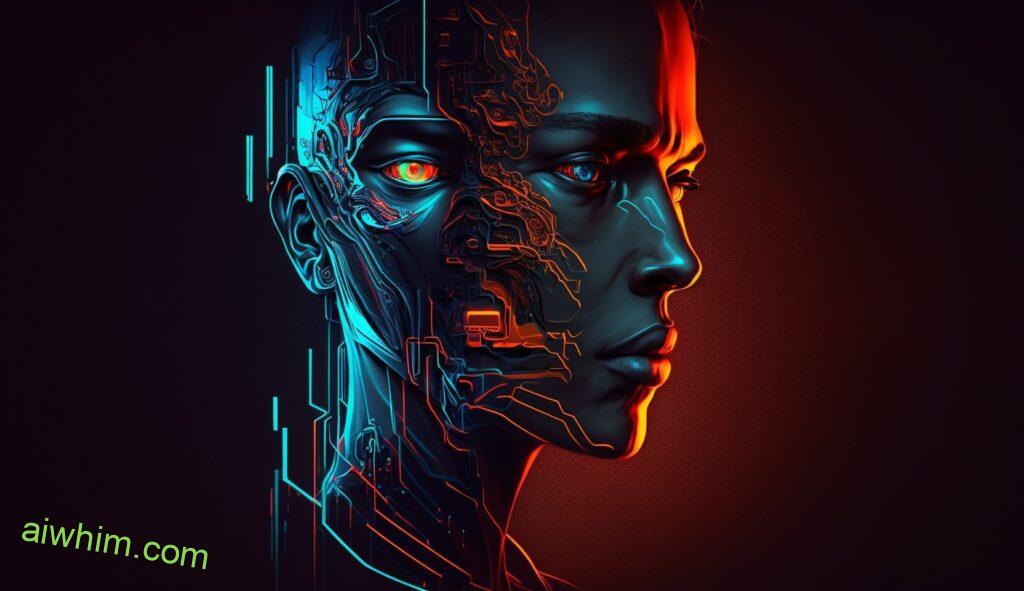
Ethical Considerations For Using Artificial Intelligence
The use of Artificial Intelligence in media production raises important ethical considerations. AI has the potential to replace actors, which can have a serious impact on the industry and its workers. In addition, there are implications surrounding the ethical use of AI that must be taken into account when deciding whether or not to pursue this technology.
There is an inherent risk associated with utilizing AI for media production as it could ultimately lead to job losses and reduced opportunities within the industry. It is therefore essential to consider these ethical implications before implementing any new technologies. Additionally, legal regulations should also be considered in order to ensure that all parties involved in the process are protected from potential harm caused by using AI.
It’s clear that using Artificial Intelligence for media production carries considerable risks and requires careful thought about how best to proceed ethically. For those interested in pursuing such projects, researching existing standards and guidelines may prove useful in ensuring responsible practice throughout their project’s lifespan. Ultimately, thoughtful consideration of the pertinent ethical issues will help ensure safe and effective utilization of this powerful technology.
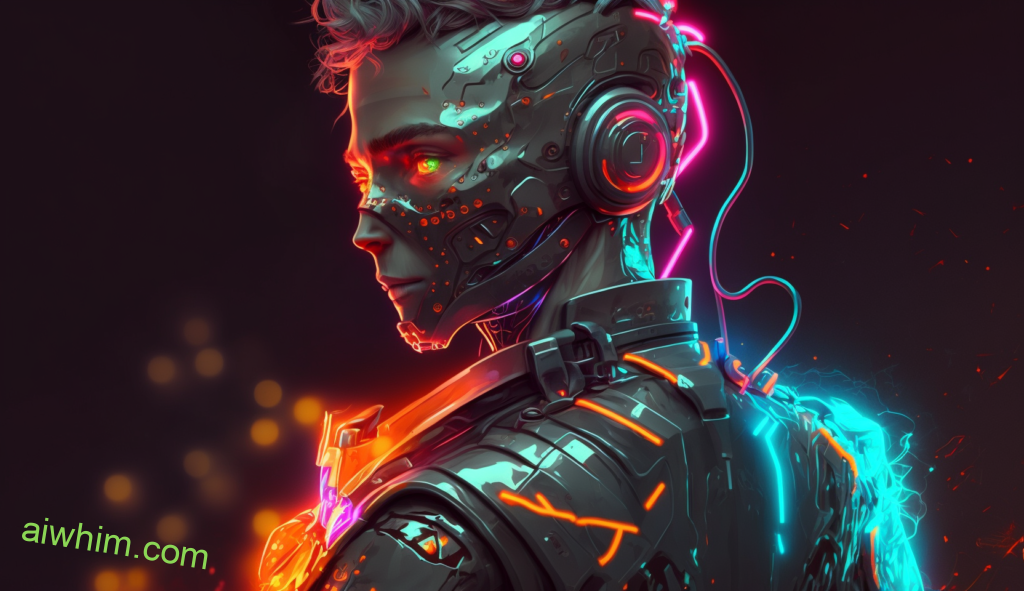
Technological Limitations
The ethical considerations for using artificial intelligence (AI) are vast, but they are not the only factor to consider. The technology’s potential is limited by its technological limitations as well. As with any software development project, AI applications have their own unique set of technical constraints and computational power needs that must be taken into account.
Take for example a machine learning algorithm designed to detect faces in digital images. Such an application requires specialized hardware and data processing capabilities far beyond what can currently be done on consumer-grade devices. Without these components, such software would struggle to reliably identify facial features from complex backgrounds or poorly lit environments. In other words, without adequate resources, even the most advanced AI algorithms will fail to deliver results equivalent to those achieved through human vision.
Despite advances in computing power over the years, current AI technologies remain constrained by their underlying infrastructure and architecture. While powerful algorithms may exist to replicate certain aspects of human cognition or behavior, developers still need access to reliable datasets of relevant information before they can begin training them. Moreover, developing sophisticated models capable of making autonomous decisions typically involves extensive trial and error—which can take months if not years depending on the complexity of the task at hand. It is no surprise then that many experts believe we are still decades away from seeing truly sentient machines capable of replacing actors or taking over any kind of creative endeavor anytime soon.
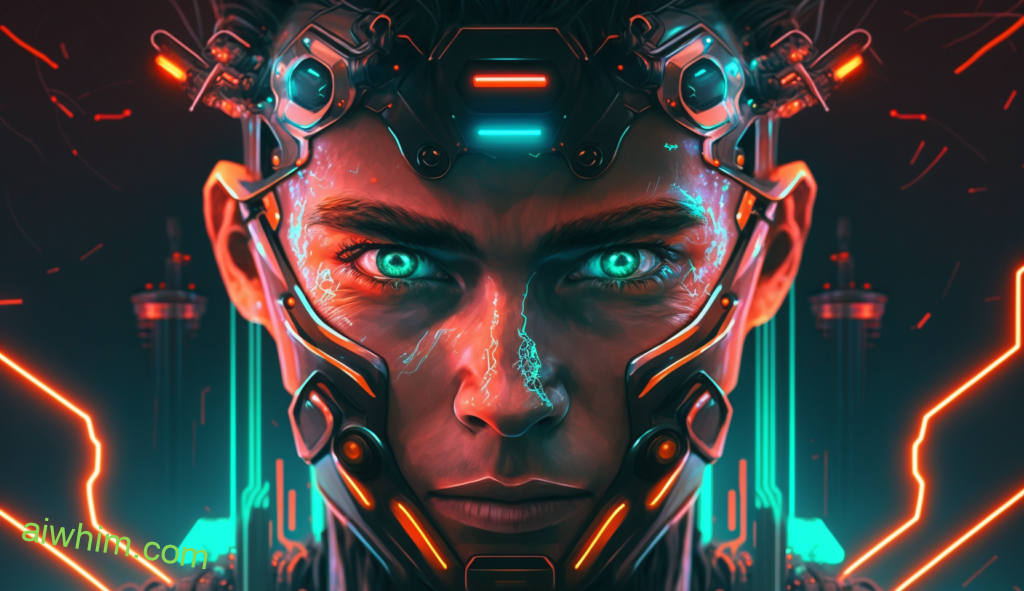
Possible Scenarios For The Future Of Acting And AI
The future of acting and AI depends on the creative freedom allowed to both actors and artificial intelligence. As technology advances, it’s inevitable that ai-led entertainment will grow in popularity as audiences explore new ways to experience stories. One such scenario is ai-driven films where human actors work alongside computer programs to create unique performances. In this arrangement, an actor would be tasked with delivering certain lines or emotions while an AI handles other tasks like facial expressions, movements, etc.
Another possibility lies in collaborative projects between humans and machines wherein ai-generated performances are blended together with those given by real people for maximum impact. This could result in a type of hybrid performance that captivates viewers more than either one alone. Moreover, AI can also play an important role in developing characters and creating compelling storylines; something which has traditionally been done by writers but could soon involve cutting edge technologies from Artificial Intelligence. This could lead to a whole new form of storytelling powered by AI – one that transcends traditional genres and offers infinite possibilities for exploration.
In short, whether it’s AI-led entertainment or actor-AI collaborations, there are plenty of opportunities out there to embrace when it comes to acting and Artificial Intelligence working together.
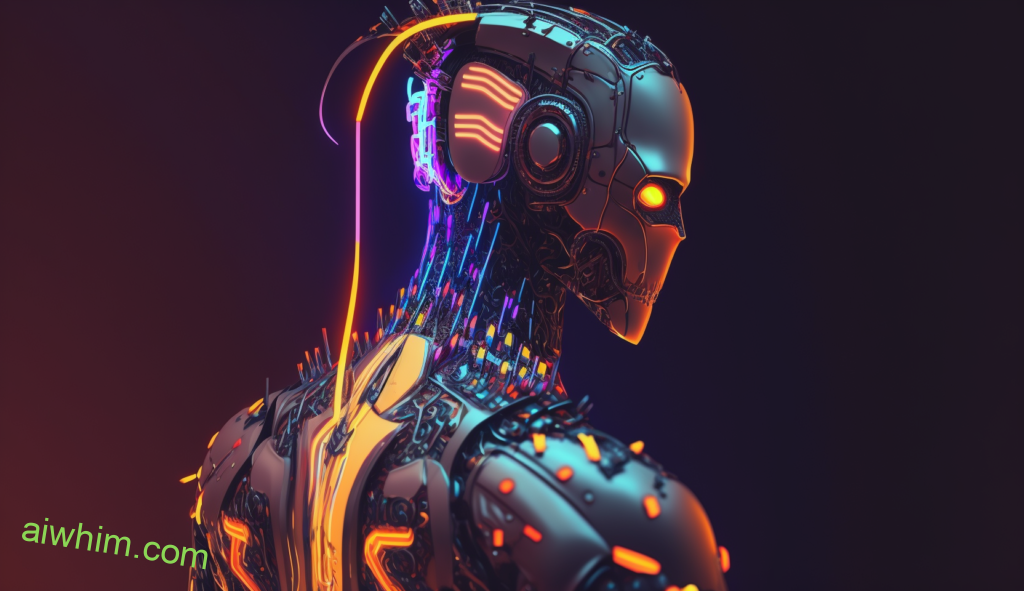
Challenges Faced By Developers
Developers creating artificial intelligence (AI) are faced with an uphill battle. Just as a painter must carefully choose the right colors and brushstrokes to create their masterpiece, developers must navigate through technology limitations while still providing creative expression in their AI projects. It’s almost like trying to fit a square peg into a round hole; it can be incredibly difficult!
In order for AI to replace actors in the entertainment industry, developers need to be able to bring this idea from concept to reality. Unfortunately, there are many challenges they face along the way that make this nearly impossible. For example, AI development requires tons of data and computing power which can be cost prohibitive – not only financially but also computationally speaking. Additionally, developing expressive capabilities for AI is often quite complex due to its lack of human intuition or understanding. Without these things, capturing emotions such as humor, joy, sadness and surprise becomes extremely challenging if not impossible.
It appears that until further technological advancements occur within the AI field, achieving true replacement of actors by machines will remain out of reach. Developers have much work ahead of them before we see robots acting on stage instead of humans.
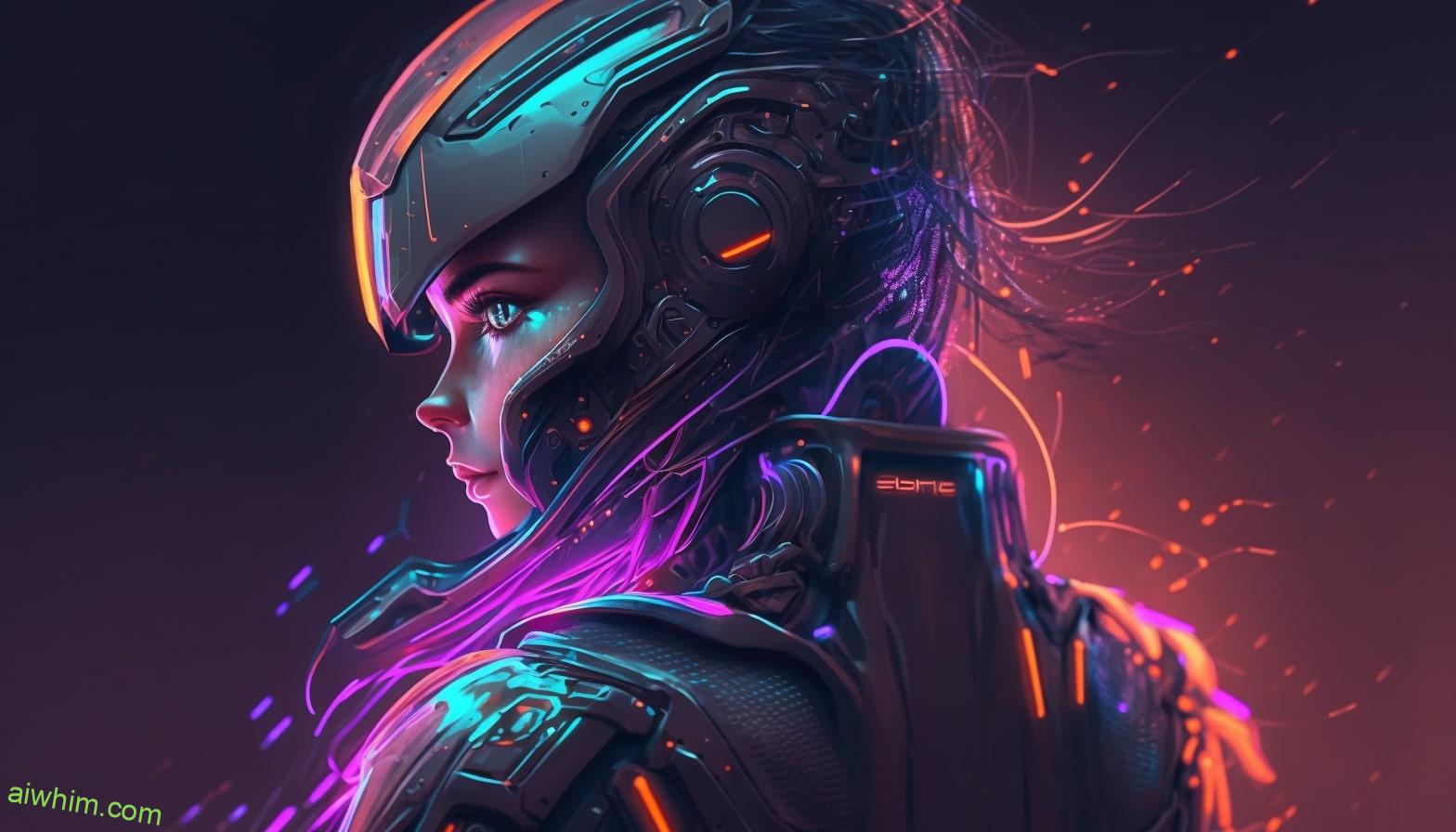
Safeguards To Ensure Proper Use Of Technology
The advancement of technology has created a need for safeguards and regulations to ensure proper use. As artificial intelligence (AI) continues to evolve, it is important that there are measures in place to minimize risks associated with its implementation. In this section, we will explore the various ways of ensuring safe usage of AI technology.
- Establishing industry-wide standards: Organizations and governments must work together to create guidelines that protect users from potential misuse or abuse of AI technologies. This could include regulating how data can be used, preventing malicious actors from exploiting vulnerabilities, as well as providing support for ethical practices when developing algorithms or using machine learning systems.
- Developing monitoring mechanisms: Companies should implement procedures for regularly assessing their AI applications and devices to detect any suspicious activities or security issues. They should also establish protocols on how to respond in case an incident occurs. This includes having a team responsible for handling incidents quickly and efficiently while minimizing the risk of further harm caused by improper use of AI technology.
- Ensuring transparency and accountability: Developers must adhere to certain principles such as disclosure and open source development when creating new AI tools and services. This helps build trust among users and promotes responsible innovation within the industry. Additionally, organizations must make sure they have clear policies regarding data collection, storage, processing, sharing, etc., so that customers know exactly what information is being collected about them and who it is shared with.
- Educating developers: It’s essential that developers understand the implications of working with AI technologies before they start building projects with them. Providing appropriate training materials such as tutorials or online courses can help teach developers best practices when using these types of systems safely and responsibly.
- Introducing regulatory frameworks: Governments should introduce comprehensive laws which provide oversight over the development process and use cases involving AI technologies. These regulations should focus on protecting both companies’ interests as well as people’s privacy rights while still allowing innovation to flourish without putting individuals at risk from exploitation due to lack regulation or oversight .
These safeguards are necessary if we want to achieve successful adoption of AI technologies across industries worldwide; however, implementing them requires thoughtful consideration and collaboration between different stakeholders involved in development processes – including government agencies, businesses, investors, non-profits, academics researchers etc.. To maximize safety benefits while avoiding unintended consequences resulting from improper use or deployment of these advanced systems ,we need a unified approach towards establishing global standards for regulating their use in order create safer digital environment for everyone.
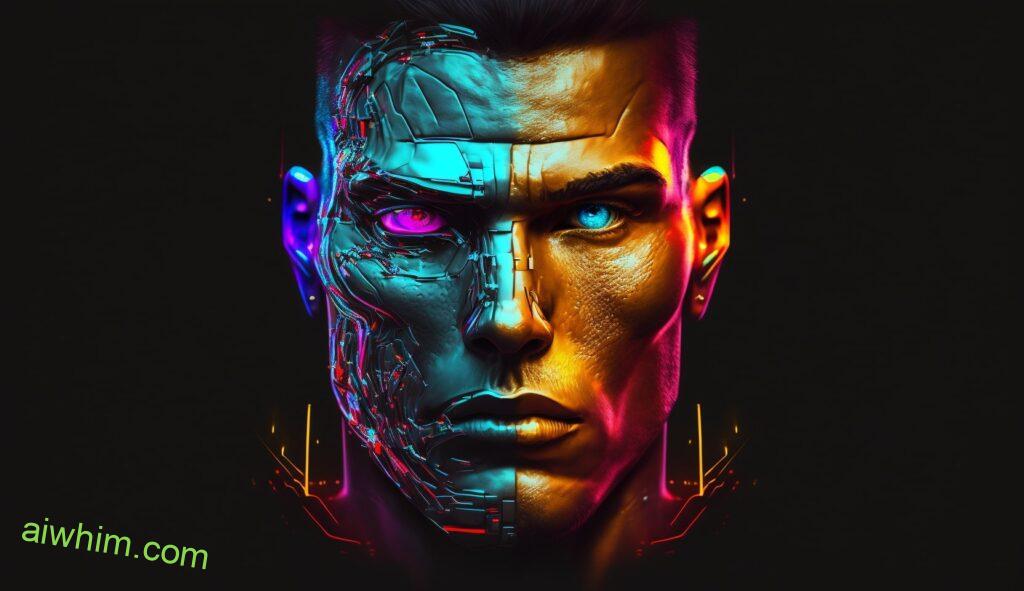
Closing Thoughts
In the end, it is clear that AI will have an impact on the way entertainment is created. With a cost comparison of production and personnel costs versus technology, there are both economic and ethical considerations to be made in deciding whether or not to use AI for actors.
Some of the points to consider when evaluating if AI will replace traditional actors are:
- The potential cost savings associated with using AI.
- Ethical implications concerning how humans interact with artificial intelligence.
- Technological restrictions due to current computing power available relative to necessary project requirements.
- Creative possibilities afforded by utilizing unlimited computer generated performances.
So, in conclusion, the potential for AI to replace actors in the entertainment industry is a complex issue. Though there are advantages to utilizing this technology, it’s important to consider the disadvantages and challenges that come with it.
As developers continue pushing forward, they must ensure safeguards are put into place so proper use of technology can be maintained. Legislation may also exist to regulate how these technologies are used in media production. These measures can help protect the rights of both performers and those working behind-the-scenes on films, television shows, and other forms of entertainment.
Ultimately, while artificial intelligence may become an increasingly popular tool in the entertainment world, its role should never fully replace or take away from human performance. A balance between traditional methods and modern technology needs to be established so creativity can continue flourishing within this field.
Author: Ole Paulson
Author Bio: I’m Ole and on this website, I share everything there is to know about Artificial Intelligence, and useful tips for using AI to our advantage. I have a background in data science and research and have been following the AI-space for years. You can read more about me in the “About” page.

